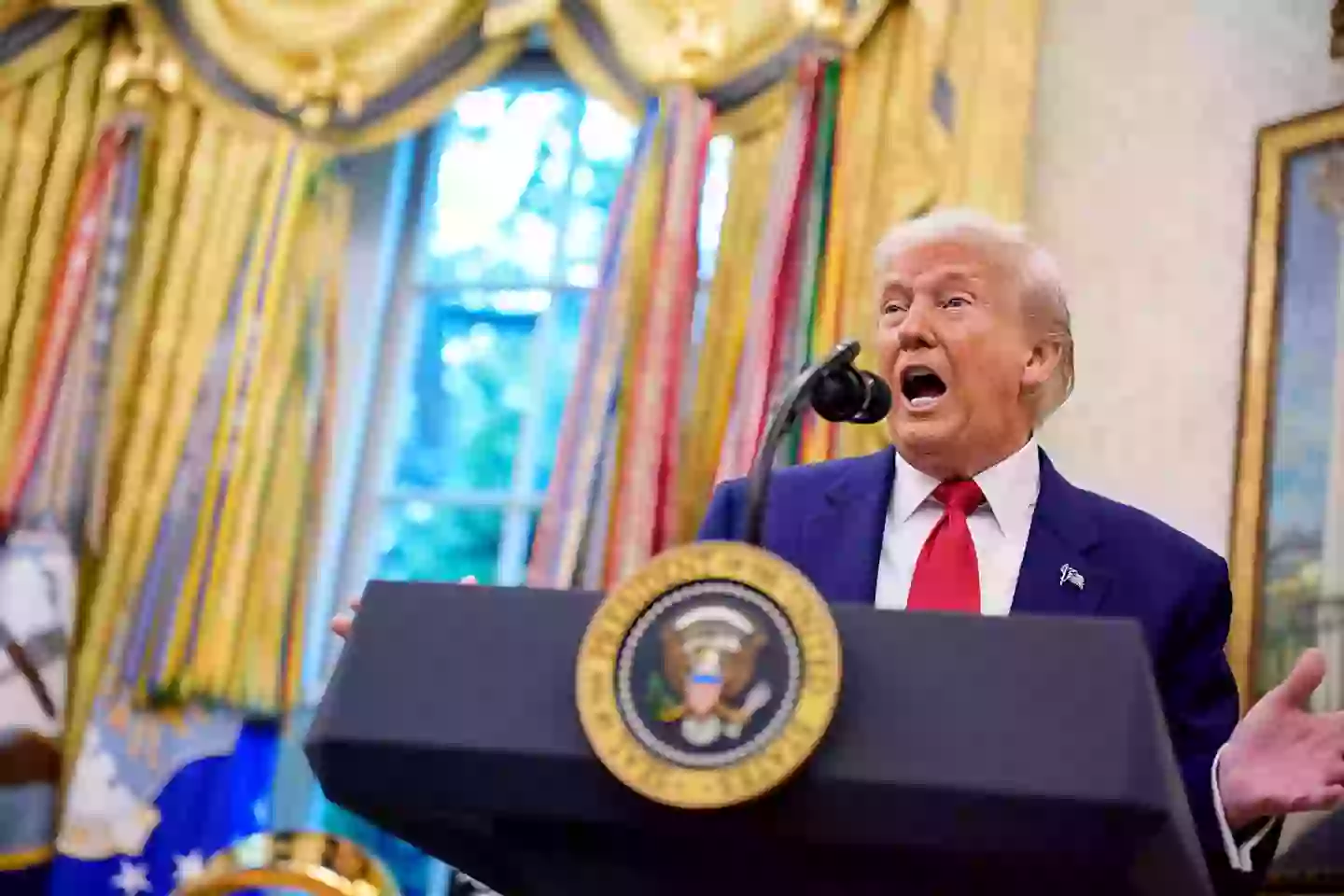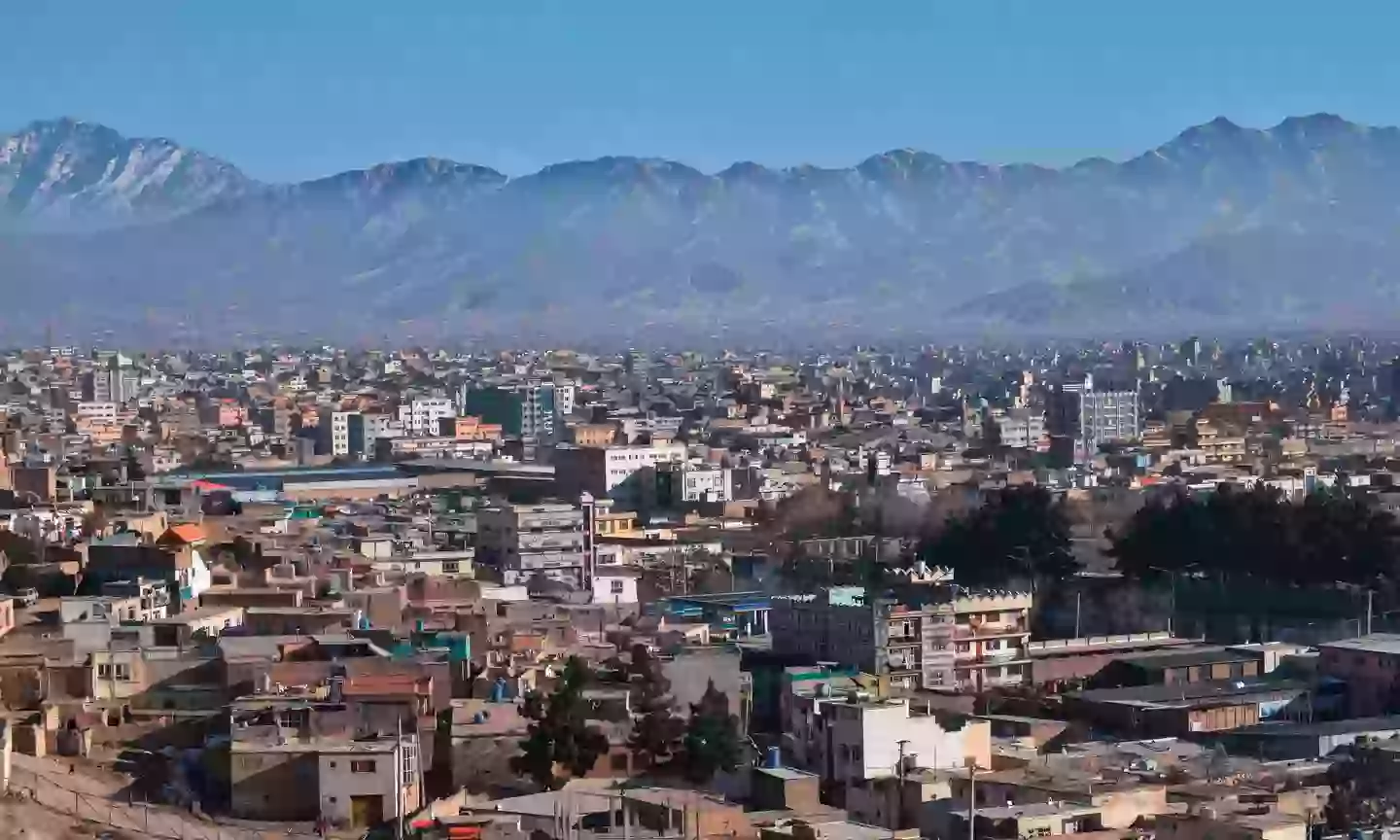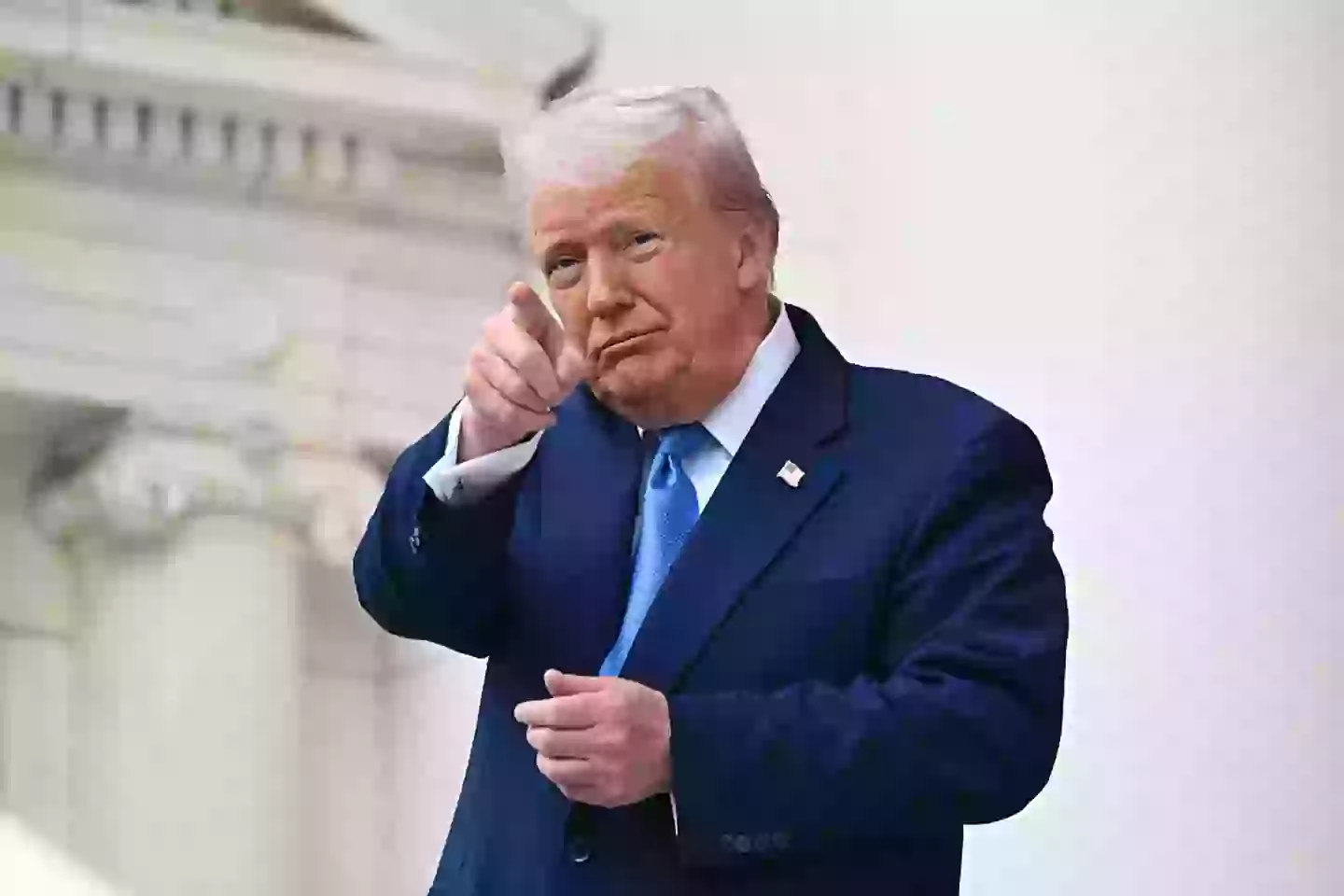
Donald Trump has banned citizens from 12 countries from entering the US with brutal four words.
The US president signed a proclamation travel ban order on Wednesday night (June 4), barring entry for 12 countries in particular.
Another seven countries have been given a partial ban, with there being a few exemptions to the new policy.
Why has Donald Trump issued a travel ban?
Trump, 78, said in his order that he 'must act to protect the national security and national interest of the United States and its people'.
Advert
In a video message posted on Truth Social, the president referenced the recent attack on a pro-Israel rally in Colorado, which had 'underscored the extreme dangers posed to our country by the entry of foreign nationals who are not properly vetted'.

He claimed that 'millions and millions of these illegals who should not be in our country'.
"We will not let what happened in Europe happen to America." Trump added. "Very simply, we cannot have open migration from any country where we cannot safely and reliably vet and screen those who seek to enter the United States.
"We will not allow people to enter our country who wish to do us harm."
Advert
"We don't want 'em." he said in the video.
According to the BBC, the man accused of the attack is an Egyptian national; however, Egypt is not one of the countries listed in the ban.
Who will be banned from entering the US?
The order states that from 9 June, citizens from the following 12 countries will not be allowed the enter the US:
· Afghanistan
Advert
· Myanmar
· Chad
· Republic of the Congo
· Equatorial Guinea
· Eritrea
Advert
· Haiti
· Iran
· Libya
· Somalia
· Sudan
Advert
· Yemen
Which countries are partially restricted?

As well as certain countries facing a total ban, these seven countries will only be partially restricted from entering the US:
· Burundi
· Cuba
· Laos
· Sierra Leone
· Togo
· Turkmenistan
· Venezuela
Are there exemptions to the travel ban?

Citizens from the banned and partially banned countries may still be able to enter the US if they qualify under the following:
· Athletes travelling for sporting reasons, such as the World Cup or the Olympics
· Holders of 'immigrant visas for ethnic and religious minorities facing persecution in Iran'
· Afghan nationals with Special Immigrant Visas
· Those who qualify as a 'lawful permanent resident' of the US
· Dual nationals with citizenship in countries not included in the travel ban
What has the response been to the travel ban?
Amnesty International USA called the ban 'discriminatory, racist, and downright cruel', adding on their X post: "By targeting people based on their nationality, this ban only spreads disinformation and hate."
Meanwhile, Human Rights First, another US-based human rights group, have spoken out against the ban.
“The ban will harm refugees, asylum seekers, and other vulnerable populations, including many who have been waiting to reunite with loved ones in our country," said the organisation's Senior Director of Refugee Advocacy Robyn Barnard in a statement.
"Bans do nothing to make our country secure, but rather undermine our national security and arbitrarily target those most in need of protection."
Topics: Donald Trump, Politics, US News, World News, News, Travel